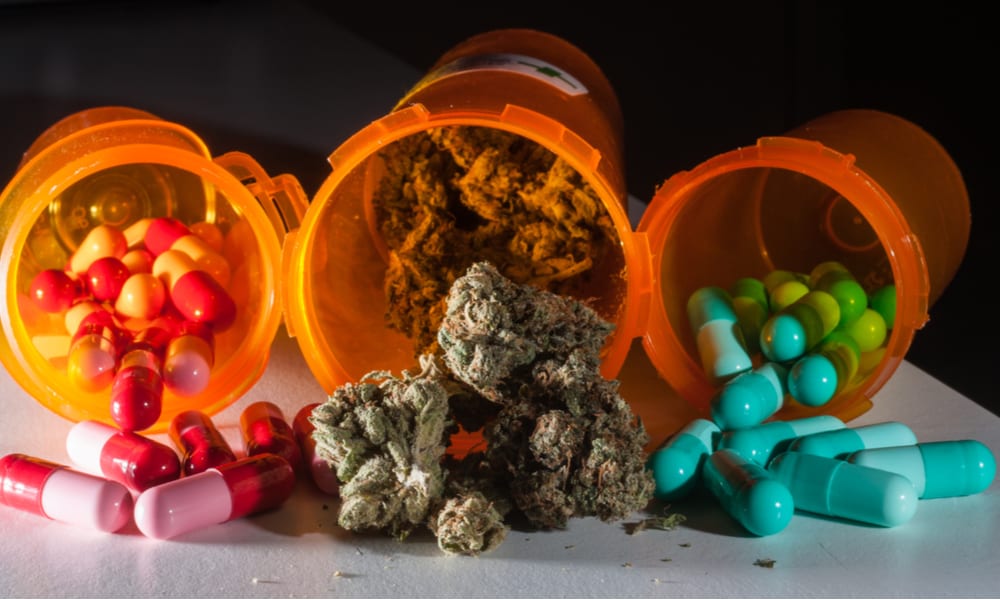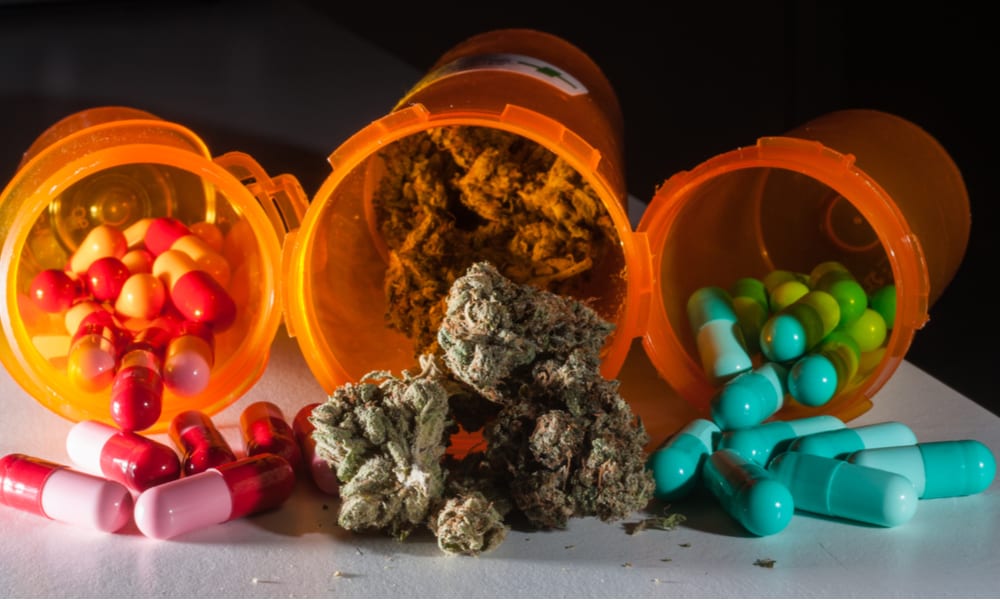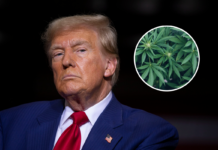
The NFL’s longstanding hostility to marijuana use among its personnel could soon be relaxed, as the league and the union representing players have agreed to study cannabis as a method of pain management.
As part of the agreement, the league and the NFL Players Association will participate in two committees designed to provide guidance on the matter; the study will also include an examination of the use of prescription drugs by players.
“I think it’s a proud day for the NFL and the NFLPA to come together on these issues in a very public way,” Allen Sills, the league’s chief medical officer, told the Washington Post in an interview this week. “I think it demonstrates the spirit of cooperation we have around our health and safety issues. … Both of these committees are about providing the best health care we can to players.”
The NFL has long maintained a strict policy against marijuana, which is on the league’s list of banned substances. Players are regularly drug tested, and face suspensions and fines if they fail to comply with the policy.
At the same time, the league is facing widening scrutiny over the debilitating injuries suffered by players, many of whom have become addicted to prescription painkillers. In a 2015 interview with Vice, former NFL linebacker Keith McCants said he took 183 pills a day by the end of his career in the league in order to cope with pain.
Such staggering abuse has prompted calls for the league to reconsider its policy related to marijuana. Eugene Monroe, a former offensive lineman for the Baltimore Ravens, became an advocate for medical cannabis when he retired in 2016 at just 29 years old — an age when many players are entering the prime of their careers.
“This is medicine, and although people are able to consume cannabis and enjoy it recreationally, the application we are talking about is its medical application,” Monroe told Rolling Stone in 2017. “We don’t see the NFL trying to control players’ alcohol consumption or tobacco consumption. In fact, the NFL advertises those things. Cannabis is less damaging, less dangerous, less addictive than both of those. However, we see those being celebrated. The NFL is even expanding its hard liquor advertisement.”
“I believe that we need to move towards a place where we can talk about marijuana openly. Where we’re not concerned with the image of marijuana,” he added. “What we’re concerned most importantly with is a player’s long-term health and wellness.”
Despite the league’s policy, marijuana use among players is well known. Chris Long, a Super Bowl champion defensive end who just announced his retirement, said this week he consumed pot “on a regular basis throughout my career.” Long also said that the league’s drug testing policy is ineffective because “players know when the test is, we can stop.”
For now, the league doesn’t appear ready to reconsider its policy on recreational marijuana use. The dual committees set up to examine medical cannabis — one to evaluate pain management, the other to focus on mental health — are expected to begin work right away, though any actual policy change will have to be settled via collective bargaining between the league owners and the NFLPA.
“There are a lot of alternative pain medications and treatments and those are the types of things that we want this committee to focus on, with medical experts and with medical science behind that,” NFL commissioner Roger Goodell said Wednesday in response to the study. “Of course they will look at one of those is, what role medical marijuana can have in that. That’s something that will be part of their studies, but it is much broader than that.”
That represents a far cry from where Goodell stood in 2017, when he said that the league did not believe that marijuana offered any medical benefits.











